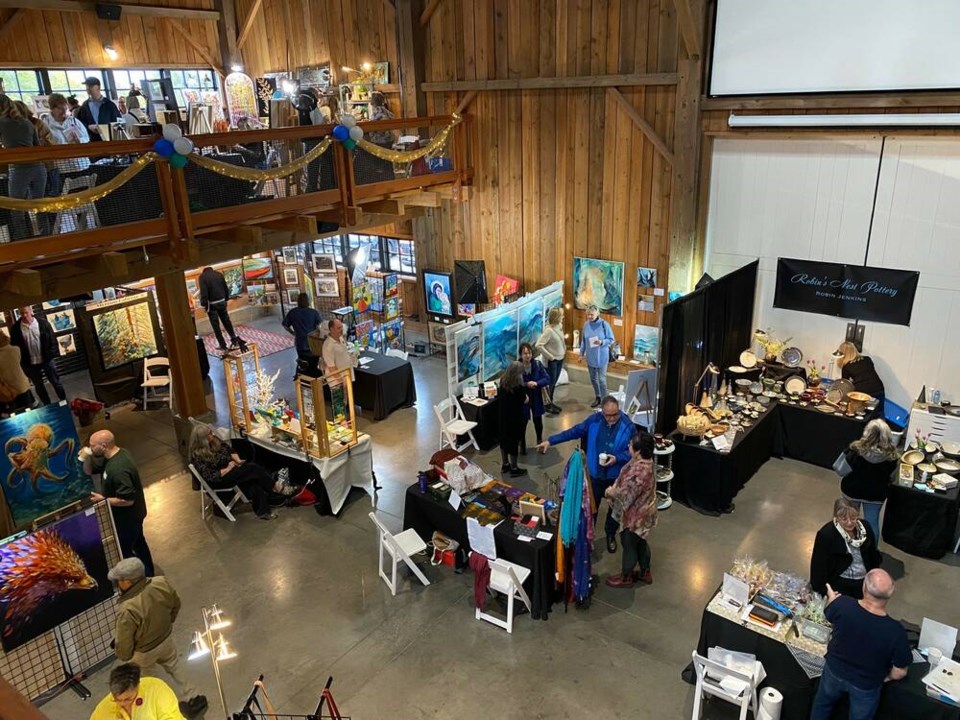Delta council has recently approved an updated policy on allocating event space at civic-owned facilities to various groups.
A staff report notes that, over time, changes through population growth and participation patterns that emerge may have an impact on the demand for facility space.
Allocation policies are used to address changing demographics, market supply of facility space, competing demands, recreational needs and wants, and to help provide a balanced delivery of services within the budgetary framework.
Building on the city’s previous process, the approved policy is aimed at providing a clear definition of several guiding principles and an allocation process that recognizes Delta programs and special events as the first priority.
“The City of Delta recognizes the taxes contributed by Delta residents towards the development, management and operation of sport and recreation facilities, and that Delta citizens will always receive priority over non-Delta residents in the allocation of recreation facility bookings.” the policy states.
One of the guiding principles is residency.
“Delta residents will be given every opportunity to participate in activities on city-owned lands. Non-Delta residents will be considered when there is a benefit to Delta residents or after all Delta resident requests have been satisfied. Rental groups will generally be required to have a membership of 80 per cent Delta residents or more to be considered a Delta group,” the policy explains.
Delta not-for-profit community sport organizations and traditional users will be considered as a second priority, followed by Delta School District programs, Delta casual users, Delta commercial and for-profit users and, finally, non-Delta groups, organizations and casual users.
The report notes that the Parks, Recreation and Culture Department will review the facility allocation policy and procedure on an ongoing basis to ensure that it continues to reflect community needs. As emerging trends, growth and participating patterns change, impacts to facility space will be reassessed.



